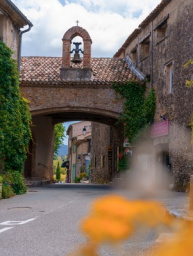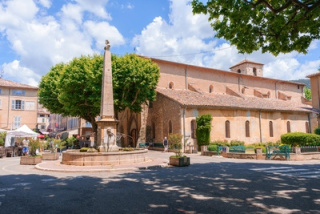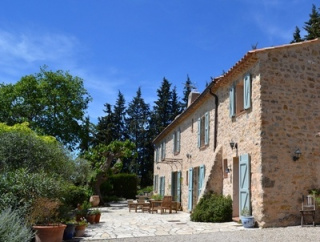The process of buying a property in France is structured in several steps:
1) At the beginning of the process there is usually an offer letter written by us for the potential buyer. Although this step is not required it is usually performed if the potential buyer offers a price different from the initial asking price.
2) After agreeing the details of the sale, the parties sign a "sale agreement", to exchange contracts which contains the terms of the sale, and is, in general, a contract that is fixed and firm for both parties. The signature of the agreement is accompanied by a deposit of 10% of the purchase price. Following the signing of the agreement, the buyer has a period of retraction of ten days during which he/she can withdraw from the contract (by registered mail with acknowledgement of receipt), without incurring legal costs. The seller, however, cannot withdraw from a signed agreement without a valid reason.
3) After the expiry of the period of withdrawal, the contract becomes binding to both parties. At this point, the buyer cannot terminate the contract without losing his deposit. The deposit is, of course, held on account by the lawyer and is deducted from the purchase price at the time of the sale.
The agreement can contain a number of suspensive clauses upon which the validity of the contract depends. For the most part, these conditions concern the ability of the buyer to obtain financing for the purchase by a lender (e.g. a mortgage from a Bank). Other conditions such as the potential buyer's inability to obtain a building permit also give him/her the right to refrain from acquiring without contractual penalty.
4) The signing of the final contract, deed of sale or 'authentic act', takes place in front of a notary. In France, a notary is a lawyer who acts as an officer of the Government (public officer). They are required by law to act in an impartial manner, that is to say both for the buyer and the seller, and to ensure that the sale complies with all legal requirements.








